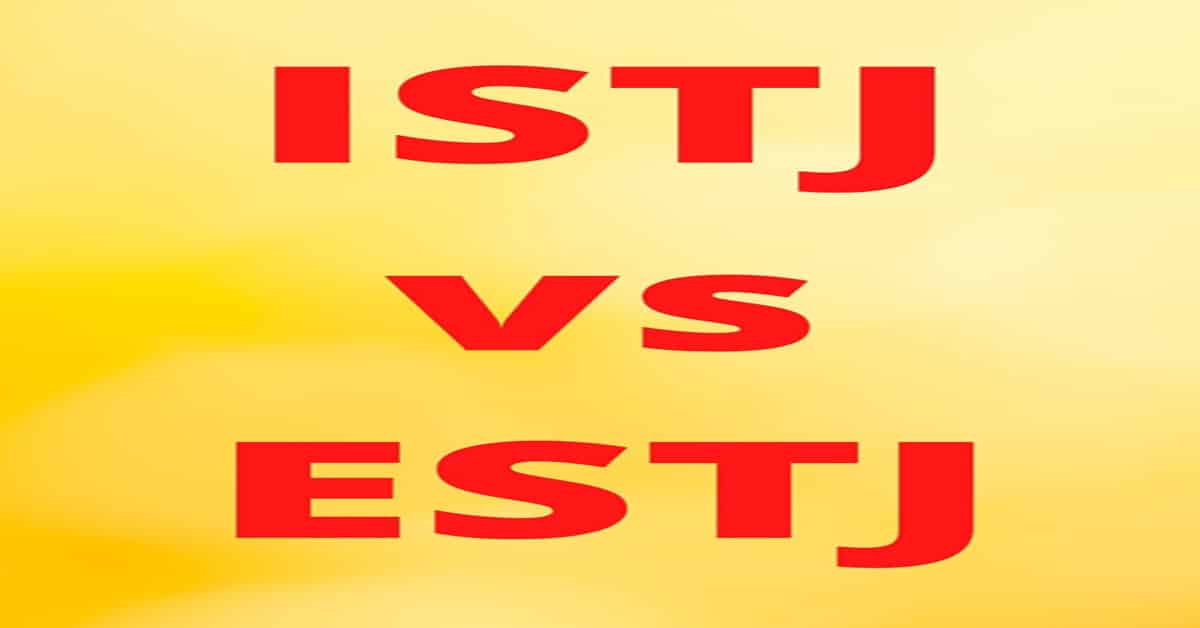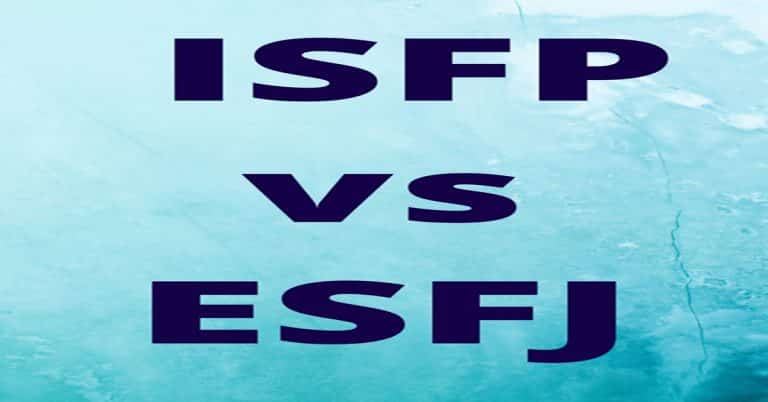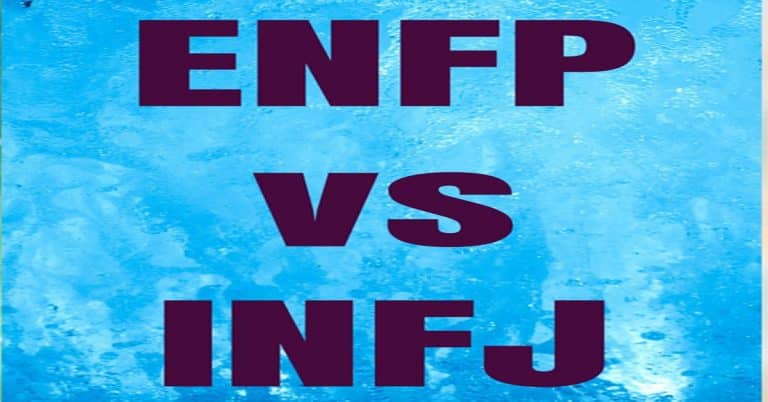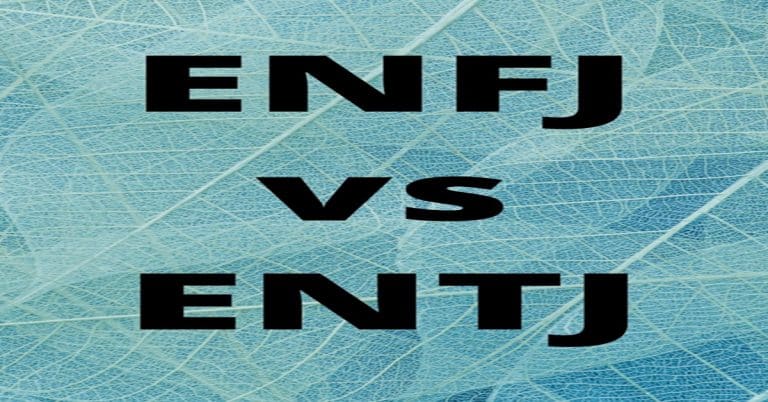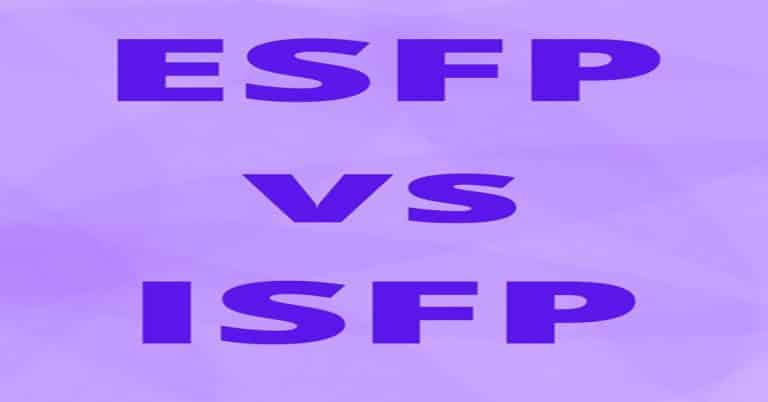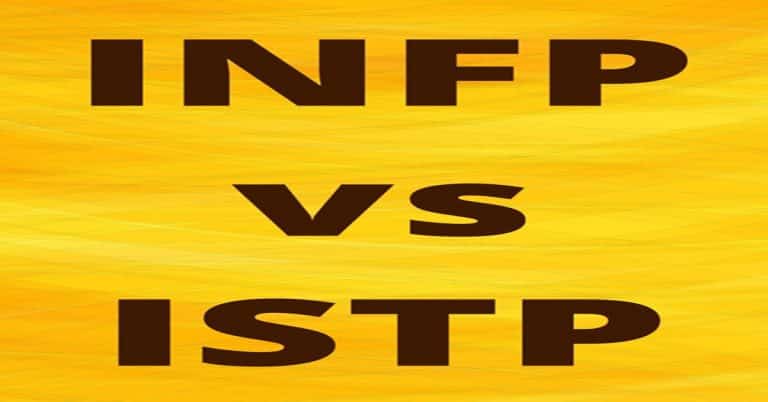ISTJ vs ESTJ
Contents
Comparison of Key Personality Traits and Compatibility in Relationships
No need to say that not every personality type gets along with each other from Myers-Briggs 16 personality inventory. However, this can’t be said about ISTJ vs ESTJ. People with these two personality types share three basic dispositions – Sensing (S), Thinking (T), and Judging (J). As a result, they share plenty of characteristics. Both of them are logical, practical, and have great motivation to finish the tasks they started.
However, when it comes to social situations, ISTJ and ESTJ are completely different. The reason is obviously their psychological differences between Extraversion (E) and Introversion (I). ISTJs enjoy being alone and find it hard to interact with others while communicating is a natural situation for ESTJs. Keep on reading if you want to find out how well they get along and what the major differences between these two personality types are.
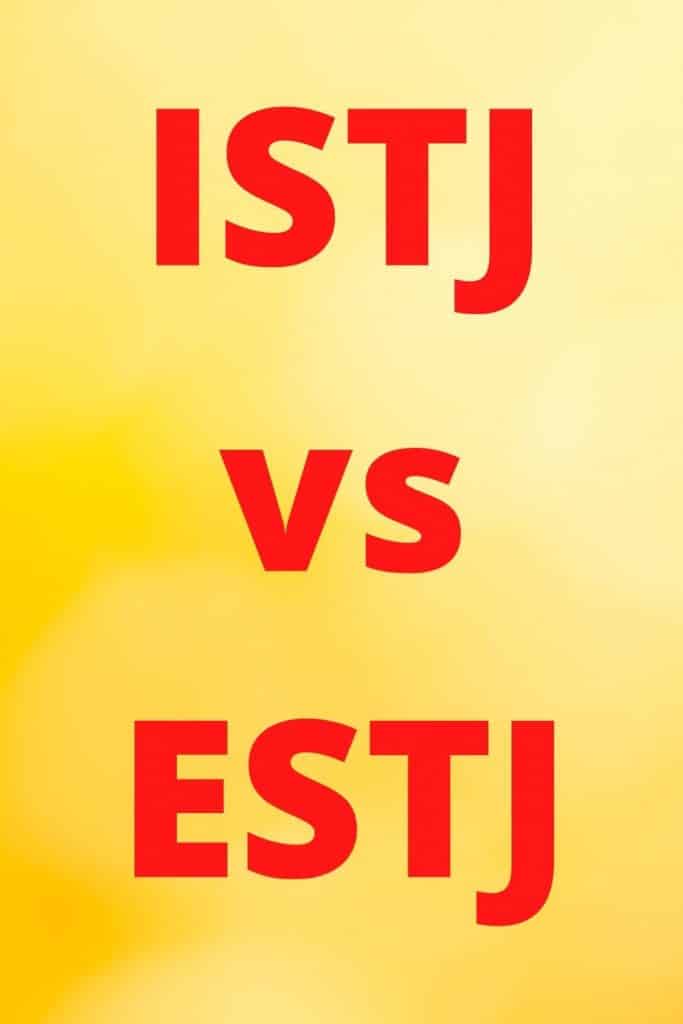
Overview of ISTJ: The Inspector
ISTJs are logical people who understand how to use their knowledge and skills in order to achieve their goals. Due to their introverted nature, they prefer working from behind the scenes because gaining attention makes them feel anxious. They are called the Inspectors because they have the ability to organize everything properly and set clear and successful plans. They tend to examine every detail before taking action.
ISTJs are traditional people, with a strong sense of responsibility. They are focused on the present and consider their existing duties a priority. Surprisingly, they are dependent on having order in their everyday lives and struggle to find a balance between work and home. Inspectors are proud of their loyalty. They’re a little bit judgmental as well and once they notice that someone is not as loyal as they are, they will blame them subjectively.
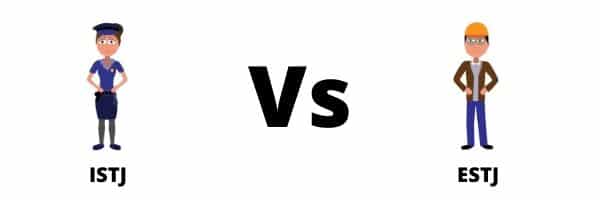
Overview of ESTJ: The Director
ESTJs are also goal-oriented and organized people who value traditions. They are used to existing standards of living and are afraid of even small changes in their lives. However, they have excellent analytical skills and when necessary, can come up with powerful decisions. The main purpose of ESTJs is to get things done. As a result, they are not very empathetic and tend to ignore other people’s feelings. But since they are extroverts, having social relationships is a vitally important part of their lives.
ESTJs are often considered as stubborn and rigid people, mainly because of their loyalty to traditions. They rarely change attitudes even when somebody uses logical arguments to prove something. They can be amazing leaders and probably, that’s why they are often called the Directors or the Supervisors. Managing others is one of ESTJ’s strengths. However, they can hardly control impulses and get aggressive if someone is not behaving as they want.
ISTJ vs ESTJ: How Different They Are
Since ISTJ and ESTJ have plenty of characteristics in common, it’s hard to tell the difference between them. Both are very organized, have great management skills, have traditional attitudes, and don’t pay attention to other people’s feelings. However, they do have some important differences.
First of all, ISTJs take pleasure in the process of achieving goals, unlike ESTJs who are oriented specifically on the goal and don’t find the process satisfying at all. Besides, ISTJs are introverted and prefer to work alone but ESTJs like giving instructions to others. Let’s confront ISTJ vs ESTJ and see how different these two personalities are in leadership, romance and compare their main values.
Leadership
- High organizational skills make ISFJs one of the greatest leaders from the 16 personality types. They are very practical, can produce optimal plans, and lead the team to success. Although they are introverted, ISTJs are eager to get leadership positions, which is a little bit surprising. They can easily remember past experiences and use previous mistakes to perform better.
- Leadership positions are very natural for ESTJs. They are practical, detail-oriented, enjoy working with people, and have great analytical skills. They are also very fair leaders but still, team members don’t usually like ESTJ leaders. The reason is that they don’t take care of their feelings and emotional state. All they care about is improving the overall performance and getting a job done quickly.
Romance
- Career and work are all ISTJs care about. They lack empathy, don’t like expressing feelings, and don’t notice others’ emotions as well. Therefore, they don’t fall in love very easily. Even if they do, asking someone out is something very uncomfortable for them and most of the time, they prefer to be alone. That’s probably because they are afraid of taking risks. What if they refuse? What if they get rejected? These questions make ISTJs avoid initiation when it comes to relationships.
- ESTJs consider romantic relationships as a big challenge in their life. They usually want to be in a relationship but are not very good at expressing what they feel. Since they are traditional, ESTJs prefer long-term relationships with traditional gender roles. They rarely fall in love but when they do, they put a big effort to build a strong and healthy bond with their partner.
Values
- ISTJs value competence and consistency in work. Meeting the deadlines is a priority for them and believe that everybody should be as responsible as they are. Besides, they consider time very valuable. That’s why timetable changes can make them nervous. They like traditions and would like to transmit their beliefs to the next generation.
- ESTJS value order. They want everything to be fully organized in order to predict possible events of the future. Also, they think that justice is very important in every aspect of life. They try to be fair even if people don’t like it and as a result, sometimes they have a bad reputation in society. Actually, all they are trying to do is to bring order to life.
Are ISTJ and ESTJ compatible?
ISTJs and ESTJs are highly compatible personality types. They share plenty of characteristics and both of them base decisions on rational thinking instead of emotions. Since they have similar interests and hobbies, they can easily communicate with each other.
However, the fact that ISTJs prefer being alone most times but ESTJs are always looking for somebody to share their thoughts can cause tension between them. When it comes to resolving conflicts, ESTJs should keep in mind that ISTJs need space sometimes. In that way, they can understand one another’s priorities and build a strong relationship.
Conclusion
All in all, people often compare ISTJ vs ESTJ due to their similar personality traits. These two types are very compatible either in romantic or friendly relationships. Due to having three major personality functions in common, they can understand each other perfectly. So, if you are an ISTJ and have an ESTJ partner or vice versa, don’t worry because clear communication can help you have a healthy and long-lasting relationship.

